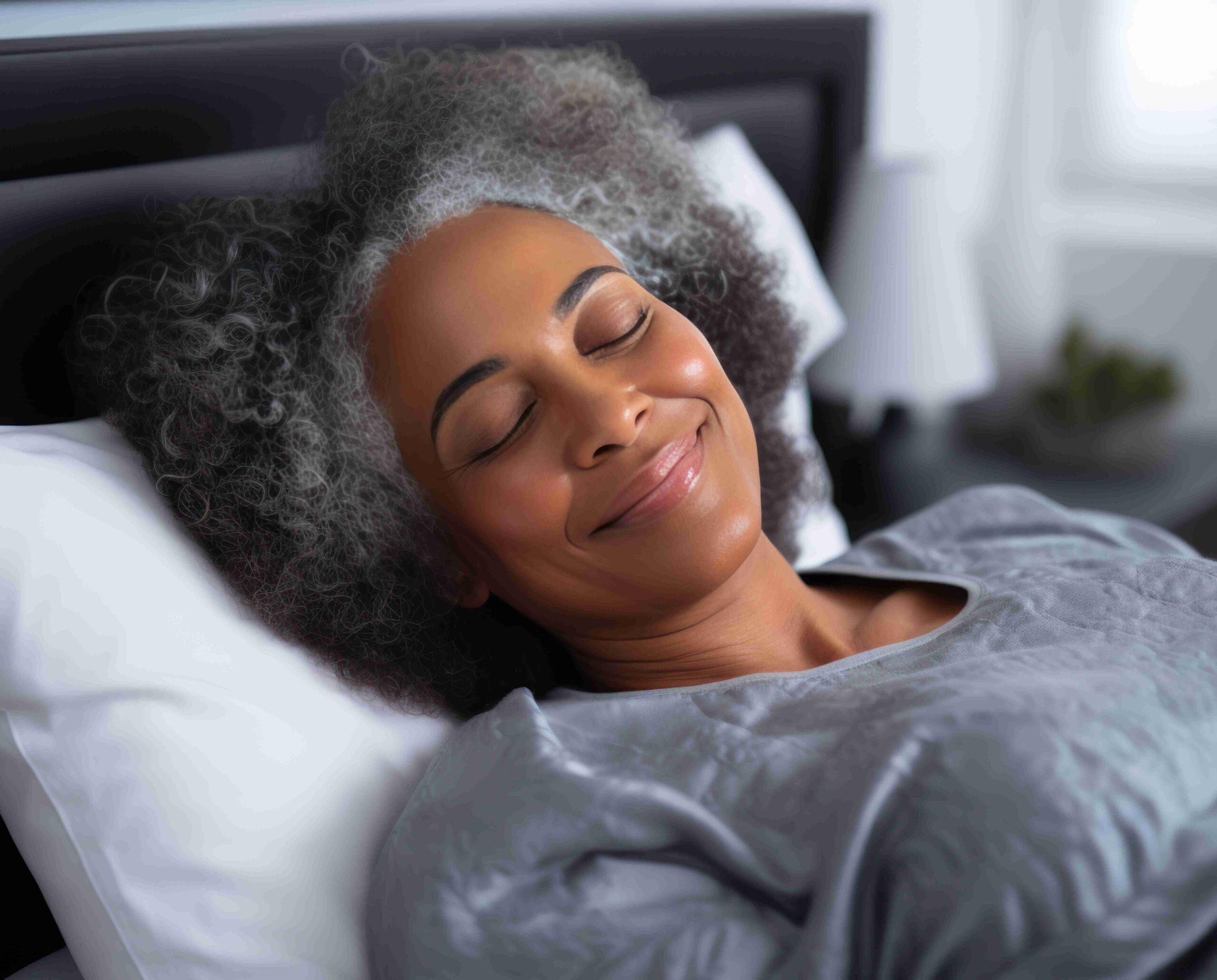The Science of Sleep: Optimizing Rest for Peak Energy
The importance of sleep cannot be overstated. After breathing, eating, and drinking, sleeping is the most important thing you can do.
But did you know that sleep plays an important role in energy production? Sleep allows your body’s cells to clean up metabolites left over from energy production. Sleep also helps restore your energy reserves. If you go without sleep, energy is burned one-third faster during your sleep-deprived hours than normal.
While it is true that sleep deprivation depletes your energy, this deficit doesn’t necessarily affect your mental and physical function. Sleep directly benefits memory, mood, and more. Let’s take a look!
The Benefits of Sleep
Sleep provides numerous benefits, allowing your brain and body to heal. Getting enough sleep improves your ability to acquire, consolidate, and recall memories. Sleep also helps you recover from viral infections, improves immune function, and supports your body’s response to cancer.
Getting enough sleep also helps regulate emotions and mood, protecting against the risk of depression. For a holistic look at the importance of sleep, check out our post on the effects of sleep deprivation.
The Phases of Sleep
Before looking for ways to improve your sleep, it’s useful to understand how sleep works.
There are two types of sleep: 1) Rapid eye movement (REM) and 2) Non-REM (NREM). Your body goes through a sleep cycle from light NREM sleep to deeper NREM to REM and then back to lighter NREM.
When we dream at night, we enter the REM cycle, characterized by increased brain activity. REM sleep helps the brain organize memories and improves learning tasks. Adults typically spend 25% of their sleep time in this cycle.
Non-REM sleep has three phases that we cycle through approximately five times each night, including:
- N1 is the lightest phase, as you’re first falling asleep. It only makes up 5% of your sleep time.
- N2 is moderate, making up 45% of your sleep time.
- N3 is the deepest phase, compromising 25% of your sleep.
Deep Sleep Energy
While REM was long considered the most important sleep phase, scientists have noted that N3 may be equally or more important. Your body prioritizes N3 sleep, spending more time in this phase than any other. In the N3 phase, your body repairs itself, releases growth hormones, generates ADP (the molecule involved in energy creation), and even helps with memory consolidation—a function once solely linked to REM sleep.
Sleep Quantity vs. Quality
There is a tendency to focus on how much sleep one receives, but quality sleep is more important. If you’re sick and waking up during the night, you won’t feel as rested as when you’re healthy and sleep with few interruptions.
Therefore, it’s important to think about sleep quantity and quality, because some tools to improve one may hurt the other. For example, some drugs can help you fall asleep faster, resulting in more hours of sleep; however, they might also hamper sleep quality. Alcohol is a great example of this. As a depressant, it actually can help you fall asleep, but it is known to contribute to poor quality sleep.
How to Get Better Sleep
There are sleep techniques to support better sleep, restore energy levels, and increase bodily function.
The best thing you can do to help your sleep is to make lifestyle changes.
To start, avoid caffeine, alcohol, and naps because these are the most disruptive to sleep. Caffeine makes it difficult to fall asleep and less likely that you’ll stay asleep. Alcohol may make it easier to fall asleep, but it typically reduces time spent in REM sleep and keeps you from reaching deep NREM sleep. Finally, as great as naps feel, you don’t reach REM sleep since it takes 90 minutes to reach this state. Moreover, naps decrease the likelihood that you’ll fall asleep later in the day when it’s time for bed.
Other sleep hygiene tips include:
- Avoiding exercise close to bedtime.
- Reducing blue light exposure/screen time in the evening.
- Eating a balanced diet of fruit, vegetables, and whole grains.
Sleep Optimization Techniques

If you’ve eliminated major sleep disruptors but still have trouble getting quality sleep, it’s time to consider sleep optimization techniques.
Control Light Exposure
One of the main ways your body makes the sleep hormone melatonin is by detecting darkness. If you are exposed to too much light, you won’t produce enough melatonin to sleep at night.
Increase your exposure to darkness by using less electric light and screens in the evening. Put up black-out curtains in your room and consider wearing an eye mask to block out light while you’re trying to sleep.
To further help your circadian rhythm/internal clock, expose yourself to bright light in the morning when you wake up.
Relax Your Body
Taking a warm bath or shower can help relax tense muscles that might otherwise keep you awake. Light stretching or yoga in the evening can further help relax your body. Another way to ensure you will be sleepy at night is to work out earlier in the day.
Consider Sleep Aids
If you’re still struggling to fall asleep or stay asleep, consider taking a sleep aid.
We have covered melatonin’s role in sleep, but as we age, we generally produce less. Therefore, a melatonin supplement can help overcome this deficit.
Moreover, GABA is a naturally occurring neurotransmitter that relaxes the body as you fall asleep. It inhibits nerve impulses, helping you drift off to sleep. While your body does make GABA, you can ensure you have enough by supplementing it. Follow these pointers and you’ll drift off to sleep quickly and awake refreshed.




